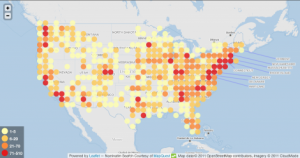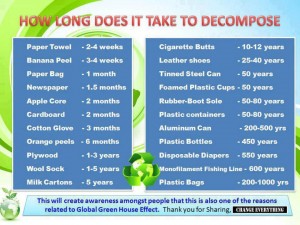It seems like we can do just about anything from our smartphones these days, and monitoring home energy usage is one of them. Although we’ve been playing around with the concept for years, modern technology has gotten to the point where products are not only more intuitively designed, they’re also capable of learning on their own.
Some of the earlier concepts of real-time home energy use monitoring came in the form of Google PowerMeter and Microsoft Hohm in 2009. While both programs were designed to use data from homeowners’ utility companies and display their energy usage in real-time, the platforms were underutilized and Google PowerMeter was discontinued in June 2011, followed by Microsoft Hohm in May 2012.
Continue reading... →








